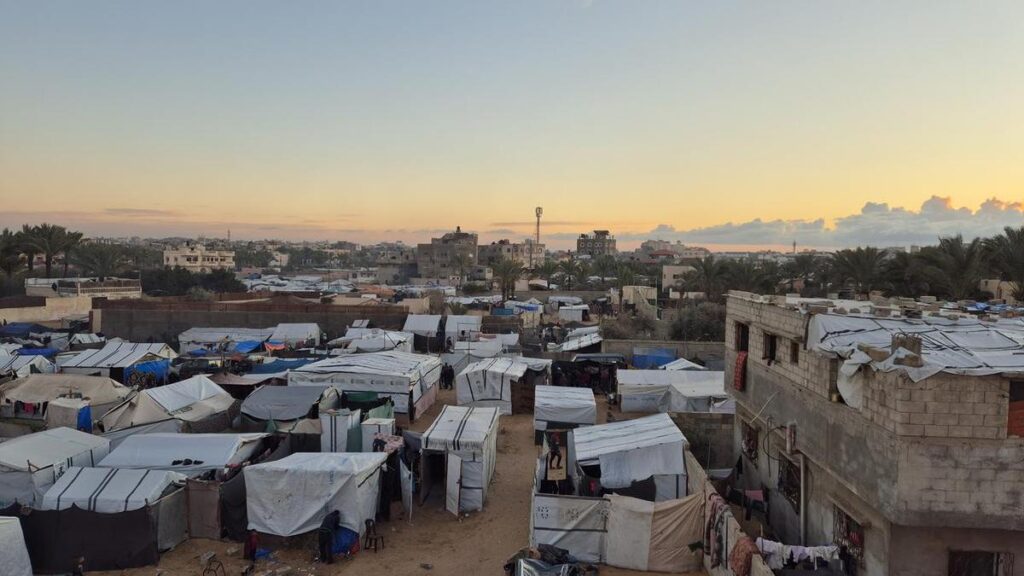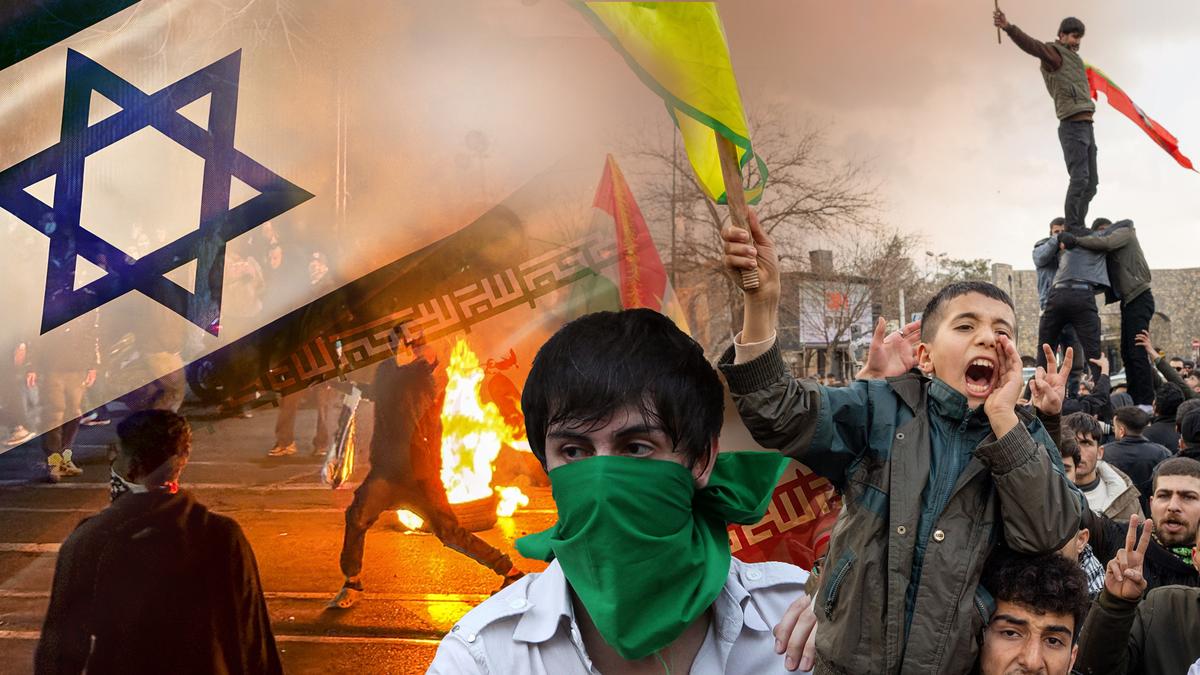
URGENT UPDATE: Australian doctors in Gaza are sounding the alarm as they warn that the health crisis resulting from Israel’s ongoing war on the Palestinian enclave could take decades to address. Amid a fragile ceasefire, medical teams are racing against time to secure vital supplies for a population facing severe shortages.
Dr. Thienminh Dinh, an emergency physician from Brisbane working with Doctors Without Borders, reports alarming increases in malnutrition and amputations among Gazans. The emotional toll is equally devastating, with mental health trauma described as “intergenerational.” Dr. Dinh highlighted the stark reality: “I’ve seen the drawings of children depicting violence; six-year-olds drawing stick figures lying in blood,” she stated.
Just days ago, Dr. Dinh returned to Gaza for a critical two-and-a-half-month assignment. In voice notes sent to AAP, she expressed her dire expectations for the health of the population: “I am expecting to see an emaciated population trying desperately to recover from injuries, without food, without water, without shelter, without access to proper health care.” As winter approaches, the situation is becoming increasingly perilous.
The blockade imposed by Israel has severely limited the availability of essential medical supplies, leading to a crisis. Recent research published in the Lancet medical journal revealed that key medications for diabetes, hypertension, and epilepsy are unavailable at any of the 14 functioning health facilities surveyed. Dr. Dinh emphasized that access to prosthetics for amputees is “non-existent,” and crutches are in critically short supply.
Compounding the crisis, an orthopaedic surgeon affiliated with Doctors Without Borders has been detained by Israel for nearly a year without release. Tensions continue to escalate, with both sides accusing each other of violating the already tenuous ceasefire. Over the weekend, Israeli airstrikes targeted what it claims were Hamas facilities, while Hamas has yet to release bodies of some Israeli hostages, alleging they are buried under rubble.
Kaylene Tompkins, a hospital manager from Geraldton, Australia, echoed the fears of civilians in Gaza, stating, “The scale of destruction that we see is beyond words.” She emphasized the misconception that life will simply return to normal for the people of Gaza, saying, “This is really quite far from the truth.”
Despite Israel allowing increased aid into Gaza since the ceasefire commenced, Ms. Tompkins reported ongoing challenges in delivering sufficient medical supplies. “There are still major constraints on aid,” she noted, highlighting that shipments from Egypt and Jordan have faced significant delays.
The path to recovery for Palestinians remains daunting. Medical staff are grappling with not only the physical health crisis but also the profound emotional trauma they have experienced. “Our staff have been through significant trauma, and we will see long-term effects of this,” Ms. Tompkins stated.
Authorities and humanitarian organizations continue to prioritize efforts to alleviate the suffering in Gaza, but with the situation evolving daily, the need for immediate action is more critical than ever. As international observers keep a close watch, the urgent question remains: will the ceasefire hold long enough for meaningful aid to reach those in dire need?







